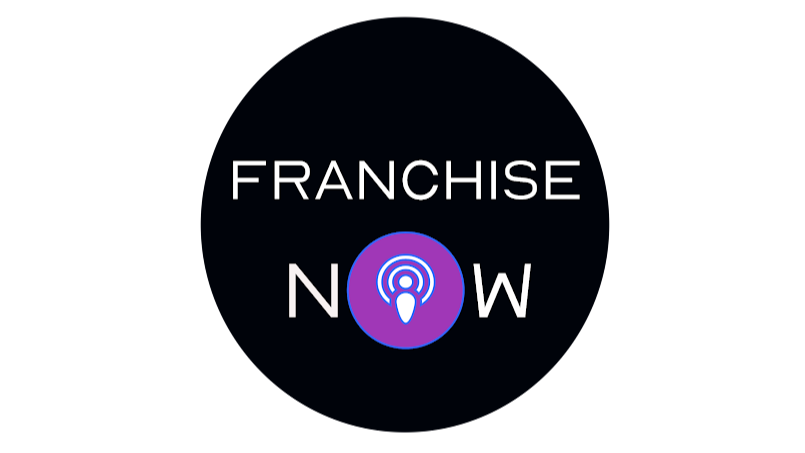Discover how AI-driven automation is redefining post-Discovery Day franchise engagement.

In the world of franchising, Discovery Day represents a pivotal juncture. This immersive experience provides potential franchisees with an opportunity to see operations firsthand, meet key personnel, and fully evaluate whether a brand aligns with their entrepreneurial goals. However, the most successful brands know that what happens after Discovery Day is just as important as the event itself.
According to the latest episode of Franchise Now AI Radio, hosted by AI co-hosts Rob Gandley and Gemma, artificial intelligence is playing a transformative role in how franchisors manage post-Discovery Day communications. The episode presents compelling arguments for why AI should be an integral part of every franchise development team’s toolkit.
Many franchise brands dedicate significant effort to creating impressive Discovery Day experiences. Yet, after the event, communication often stalls. Prospects leave energized and informed, but if they don’t hear back promptly, that energy fades. Without structured follow-up, potential franchisees may turn to competitors who are more responsive.
This drop-off is a major hurdle in the conversion journey. Manual follow-up processes are not only time-consuming but can also lead to inconsistent messaging and long response times. This is where AI steps in.
AI-powered platforms are designed to automate and personalize the post-Discovery Day journey. Rather than sending a one-size-fits-all message, AI tools can tailor communication based on what the prospect expressed interest in during the event. For instance, if a potential franchisee asked about training programs or marketing support, the follow-up sequence can include targeted information addressing those topics.
Visit the for the full episode and further insights.
These AI systems are not limited to email; they can integrate SMS, CRM updates, and even voice AI responses to create a multi-touchpoint experience. The result is an ongoing conversation that feels customized and thoughtful.
A key strategy discussed on the podcast is the three-part follow-up framework:
Explore their at FranchiseNow.ai.
Another advantage of using AI is access to real-time data. These systems track prospect behavior—email opens, link clicks, responses—and feed that information back into the CRM. This allows franchise development professionals to prioritize high-interest leads and identify where follow-up is most needed.
This intelligence enhances decision-making and helps development teams focus their time and energy where it matters most. Instead of casting a wide net, AI allows for precise targeting based on engagement behavior.
One of the biggest misconceptions about AI in franchising is that it requires a steep learning curve or extensive technical knowledge. In reality, many AI tools come with user-friendly dashboards, pre-built templates, and seamless CRM integrations.
This means even emerging brands with smaller teams can benefit from AI without the need for a full IT department. As the episode emphasizes, AI helps level the playing field, giving all brands access to world-class follow-up processes.
Learn what makes this model stand out at Franchise Now.
Crucially, the goal of AI in franchise development is not to replace human interaction but to enhance it. AI takes care of the repetitive, time-sensitive communications, freeing up development reps to focus on high-value conversations. When used correctly, AI strengthens relationships by making every touchpoint more relevant and timely.
Discovery Days will always be a cornerstone of franchise growth. But brands that pair this in-person milestone with intelligent follow-up will outpace those relying on outdated methods. AI allows for deeper personalization, better tracking, and faster response times—all of which drive franchise conversions.
Franchise Now AI Radio makes a strong case for why now is the time to invest in automation. As the franchise landscape becomes more competitive, brands need every advantage to stay ahead. Intelligent follow-up is not just an operational improvement—it’s a strategic imperative.
